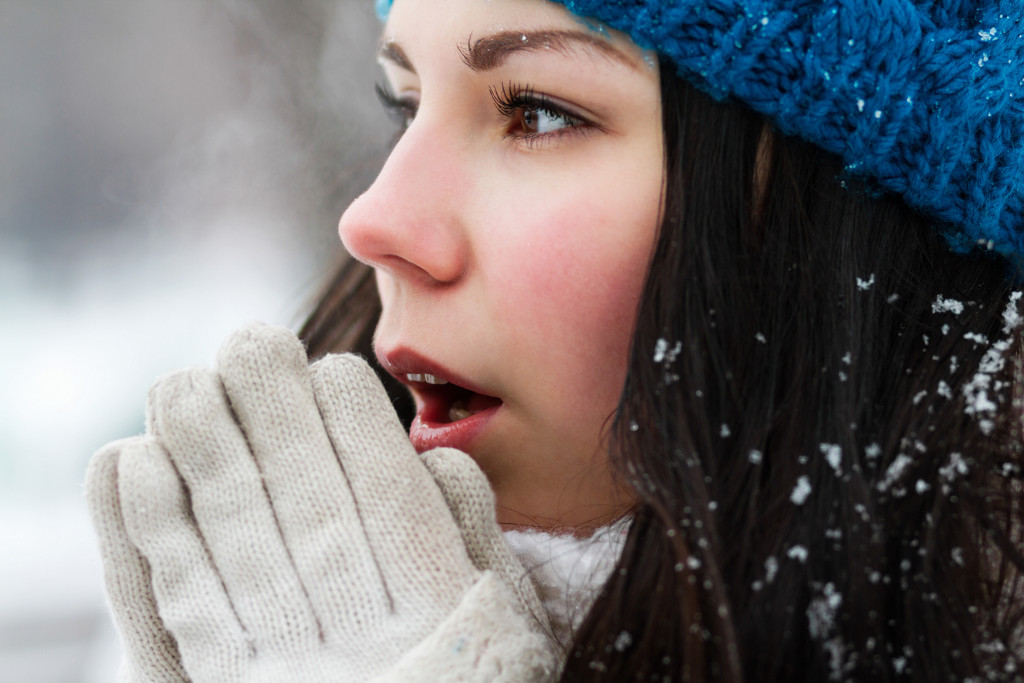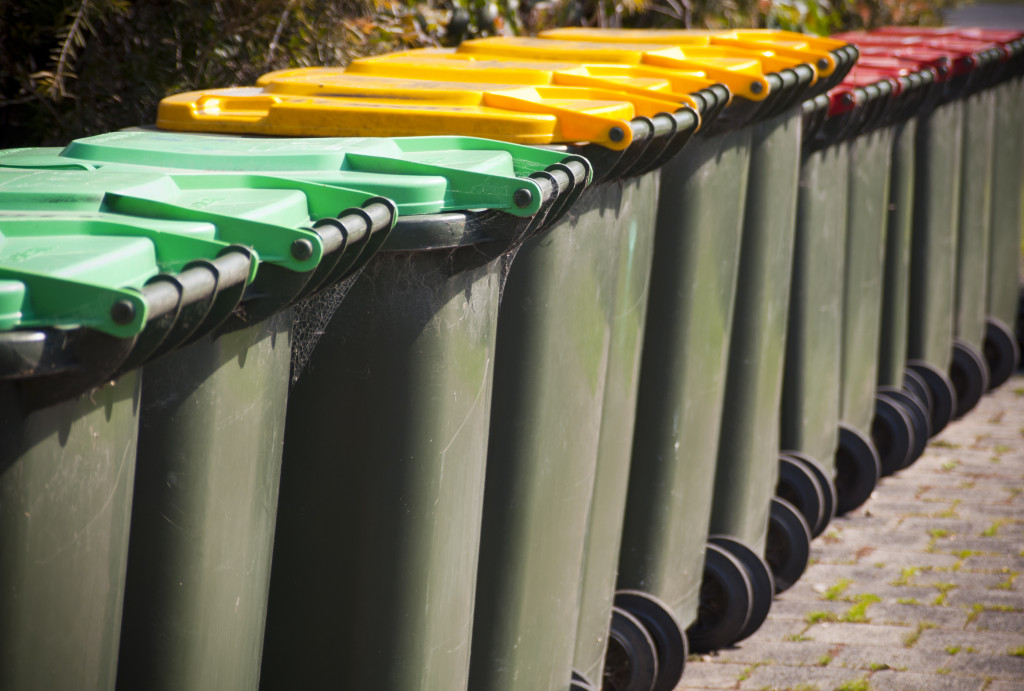Dehydration is a widespread condition. At some point, you likely have experienced extreme thirst and other symptoms that come with not drinking enough water.
Most people, however, tend to associate dehydration with boiling hot summers. When you are sweating a lot and doing strenuous activity under the sun, you are more at risk of being dehydrated. You have to drink water, juice, or another beverage to cool off and replenish the lost liquid.
However, a person can be dehydrated throughout the year, especially in winter. Aside from hypothermia, people should also worry about not getting enough water as the temperatures drop.
Your Body Is Mostly Water
Dehydration occurs when your body loses more fluid than you are gaining. From science class, you likely have learned that the human body is made of up to 60 percent of water. The lungs are composed of about 83 percent water, the brain and heart are 73 percent water, and the skin is 64 percent water. Even your bones, although solid, are watery: your bones are up to 31 percent water.
But you are also constantly losing water. During the pandemic, it became clear that you expel droplets of liquid when you cough, sneeze, speak, and breathe. Your body also loses water whenever you have to go to the bathroom.
Moreover, when you sweat, you lose an average of one liter (34 ounces) of fluid per hour of exercise. You lose more when it is extremely hot and humid.
Sweat is mostly water, with a small percentage of fat and salt. Basically, it is your body’s way of regulating its internal temperature. Sweat is produced by glands found within your skin. It is generated when it is hot as a way to cool the body. As sweat evaporates from the surface of your skin, the heat that you feel is reduced.
Because of these factors, your body is losing water, and you have to replenish it by drinking more. Without enough water in your system, you will experience dry mouth, headaches, less frequent urination, dark-colored pee, dizziness, fatigue, and confusion.
Dehydration is deadly. If you do not get a drink of liquid immediately, you are at risk of heat injury, urinary and kidney problems, seizures, and, of course, early death.

Cold Weather Dehydration
When you think of winter, you do not really think of sweat. It is cold and, therefore, the body does not need to sweat to cool off. Many people drop their guards and do not monitor how much water they actually consume when the weather is cold.
However, people are still at risk of dehydration during winter. People wear layers and increase the thermostat at home or work to combat the cold. Both can lead to loss of fluids through sweating.
In addition, you may not feel thirsty as frequently when the weather is chilly. People carry a bottle of water with them more often during summer than winter. Aside from the occasional hot coffee or tea—both of which are diuretic—you may not be drinking enough liquid to replenish the fluid you are still losing during winter.
Keeping Yourself Well-hydrated
The easiest and most effective way to prevent dehydration is to drink the recommended eight glasses of water (or more) every day. Drinking water is ideal, but you can also get fluid from juices, hot chocolate, coffee and tea, sodas, and other beverages. You can also get fluids from the food you eat, particularly fruits and vegetables.
Those who do vigorous workouts, especially outdoors, can replenish lost liquids and electrolytes by getting an intravenous (IV) hydration drip. It hydrates the body with liquid, vitamins, and minerals lost from physical activity.
Those who tend to forget to drink water throughout the day cause a smartphone app that tracks their liquid intake and reminds them when it is time to sip some fluid. Hydro Coach, WaterMinder, Water Drink Reminder, Aqualert: Water Tracker Daily, and Daily Water Tracker Reminder are some apps available to Android and iOS users.
Moreover, avoid drinks that make you lose water. Alcoholic beverages, coffee, and tea are all diuretics, meaning they will make you pee—a lot.
You can survive a few weeks without food, but you only have a few days without water. That is how important water is to your body. However, too many people do not drink enough fluids every day, especially during winter when the cold weather reduces feelings of thirst. You still need to drink at least eight glasses of water every day to ensure that you do not suffer from dehydration.


